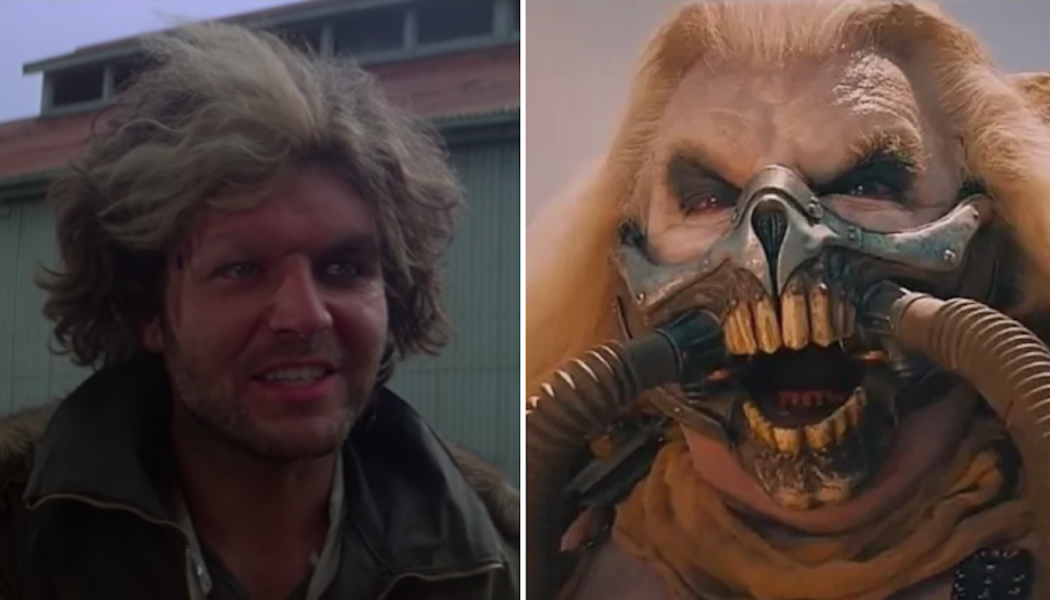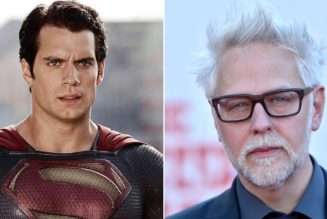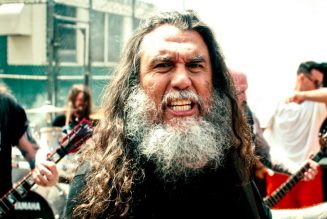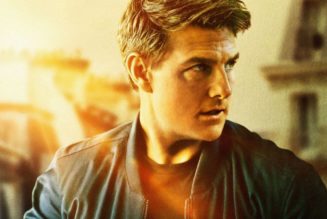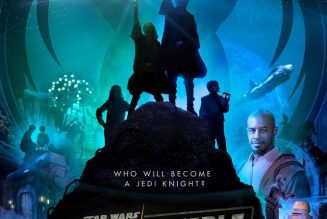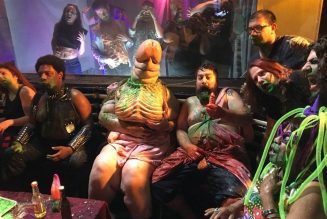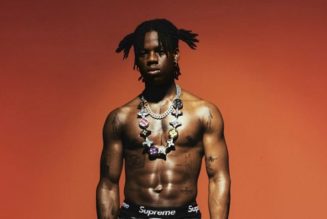
Hugh Keays-Byrne, the Anglo-Australian actor best known for his roles in the Mad Max film franchise, has died at 73. The news was announced by his friend, the filmmaker Brian Trenchard-Smith, in a Facebook post. No cause of death was given.
Via IMDB, Keays-Byrne was born in Kashmir, India, the son of British citizens. As a child he moved with his parents to England, and in his twenties he performed with the legendary Royal Shakespeare Company. As The Independent reported, he arrived in Australia on a 1973 RSC tour and soon booked his first movie role in the Australian cult biker film Stone. His scene-stealing turn as Toad attracted the attention of George Miller, then plotting a kind of biker movie of his own.
In 1979, Keays-Byrne starred as the axe-wielding villain Toecutter in the dystopian classic Mad Max. His effortless menace and natural charm helped turn a small movie made on a shoestring budget into an international smash hit. He never became a household name, but in the years that followed he worked steadily in Australia’s film, TV, and theater communities, and in 2000 he had a memorable role as Grunchlk in the popular Farscape television series.
His film career came full circle in the early 2010s when he received an unexpected phone call from George Miller. Keays-Byrne told The Independent that he was “surprised – pleasantly surprised,” to be offered the part of Immortan Joe in 2015’s Mad Max: Fury Road. Miller’s late-career masterpiece is buoyed by Keays-Byrne’s terrifyingly empathetic performance. He said he treated the skull-wearing villain as “a renaissance man – he’s simply trying to bring order into an apocalyptic world”.
Over the last few decades, Keays-Byrne devoted himself to environmental and social justice, as Trenchard-Smith recalled in a statement. He wrote,
“Hugh had a generous heart, offering a helping hand to people in need, or a place to stay to a homeless teenager. He cared about social justice and preserving the environment long before these issues became fashionable. His life was governed by his sense of the oneness of humanity. We will miss his example and his friendship.”
